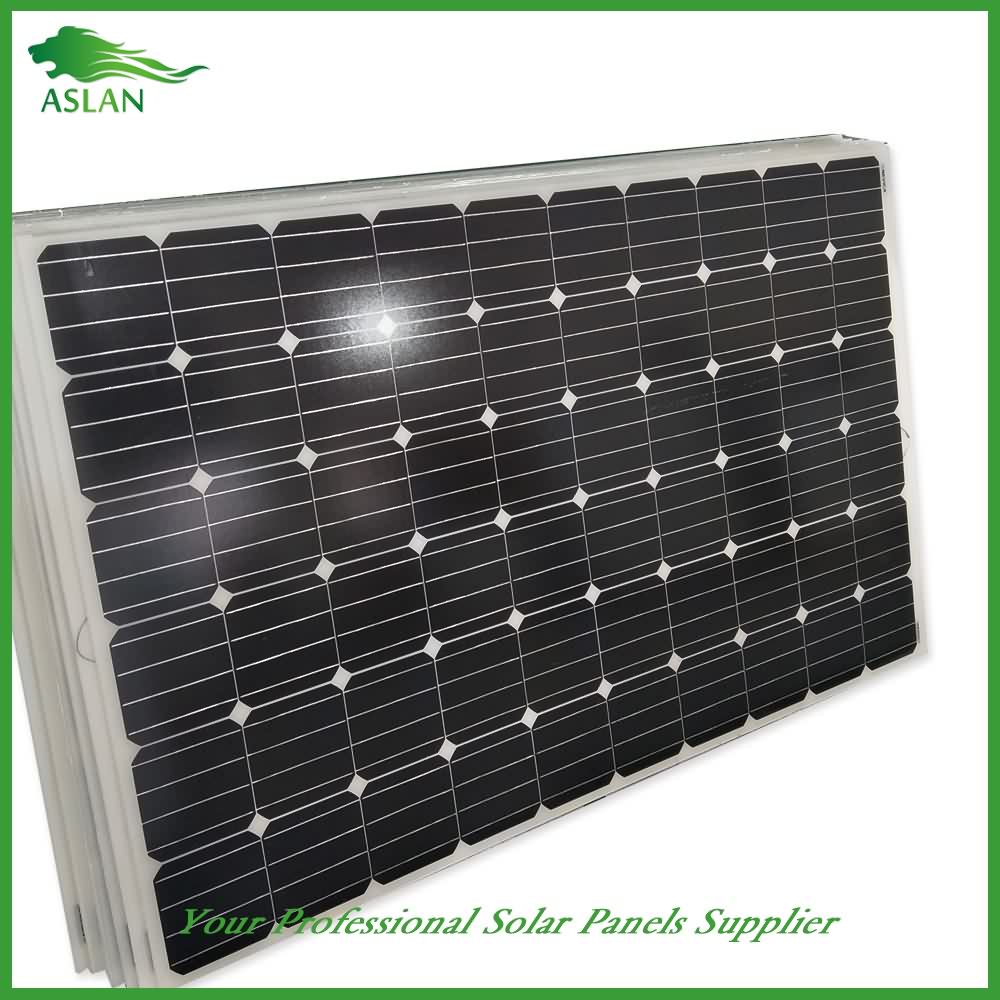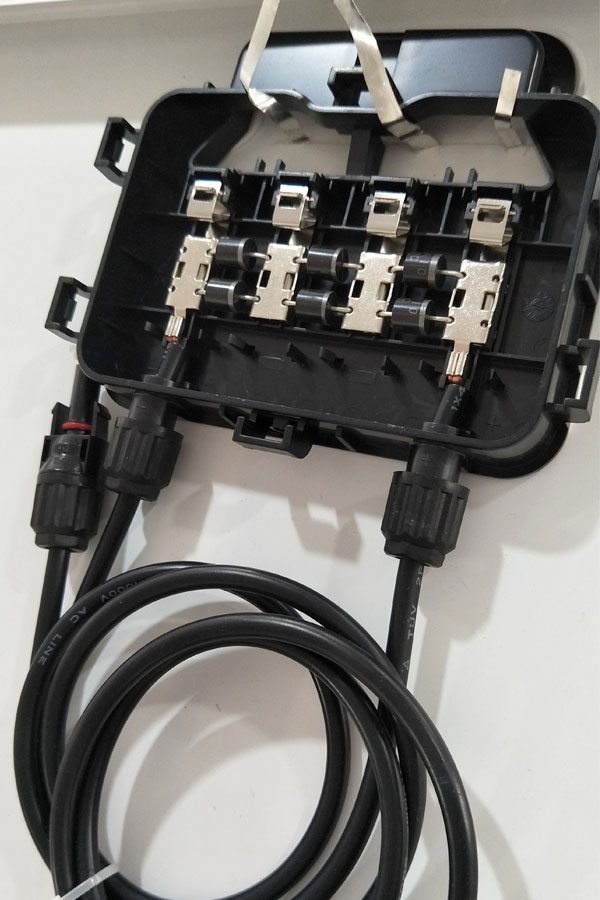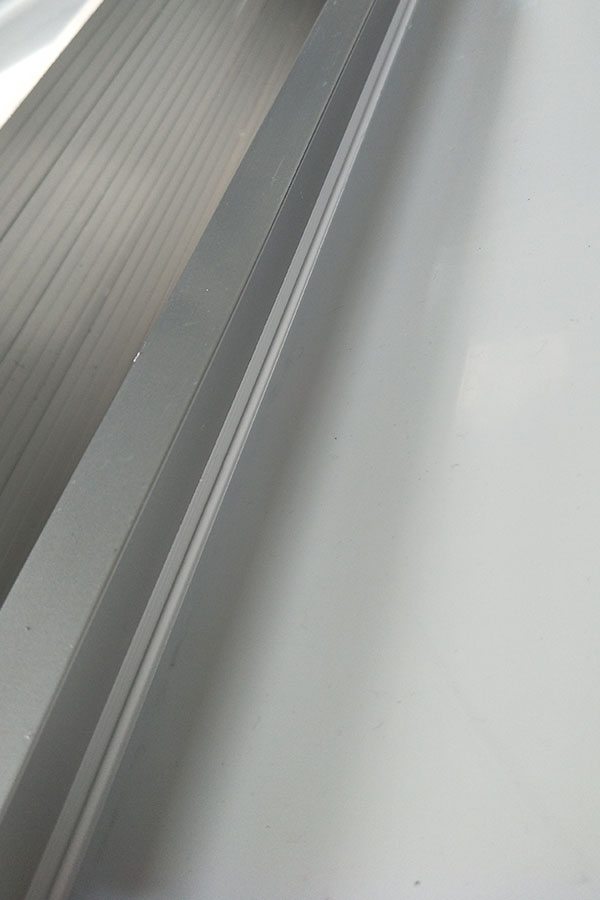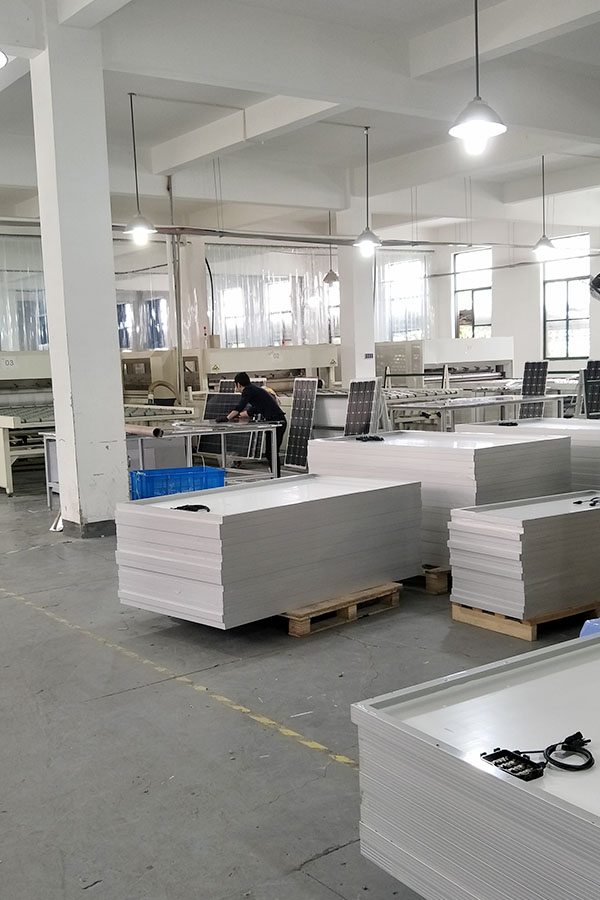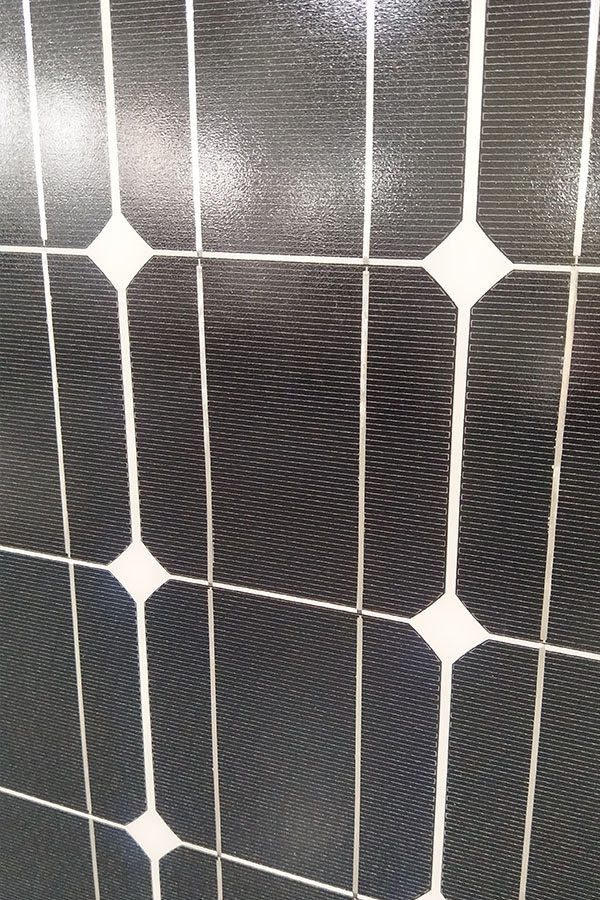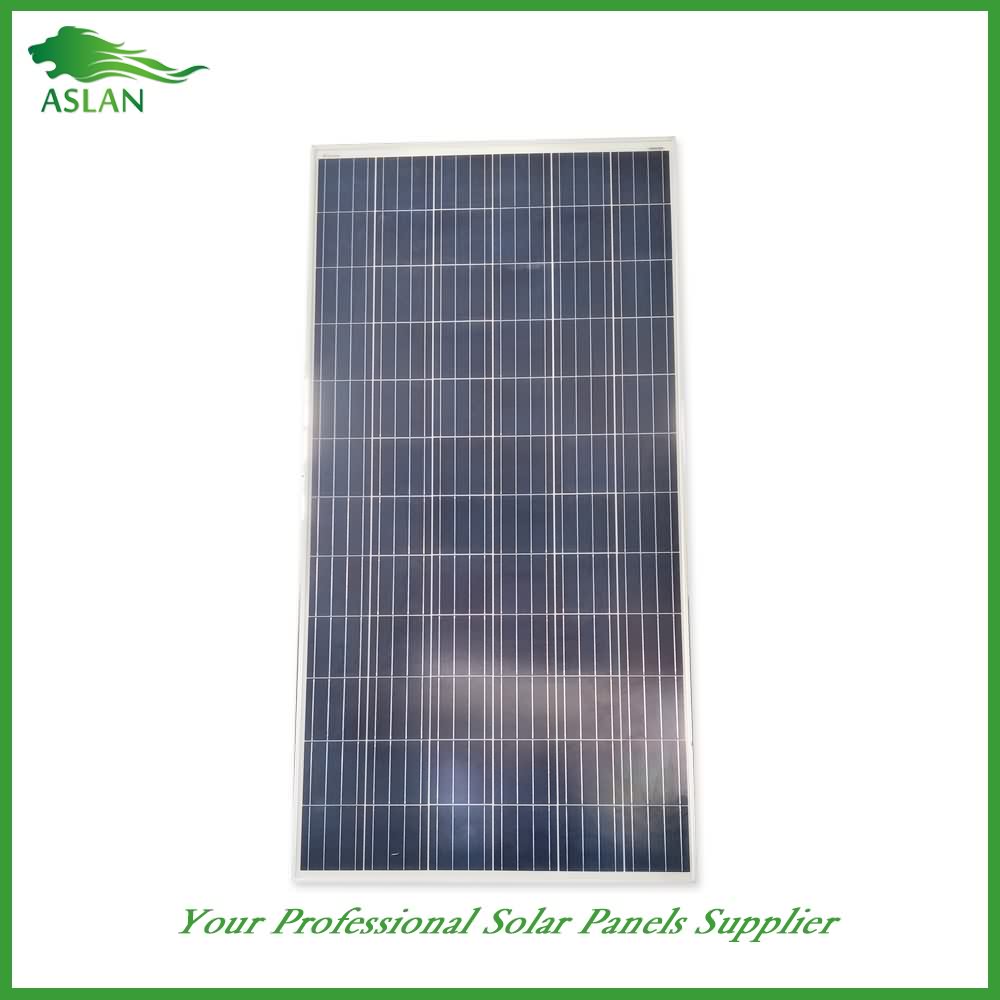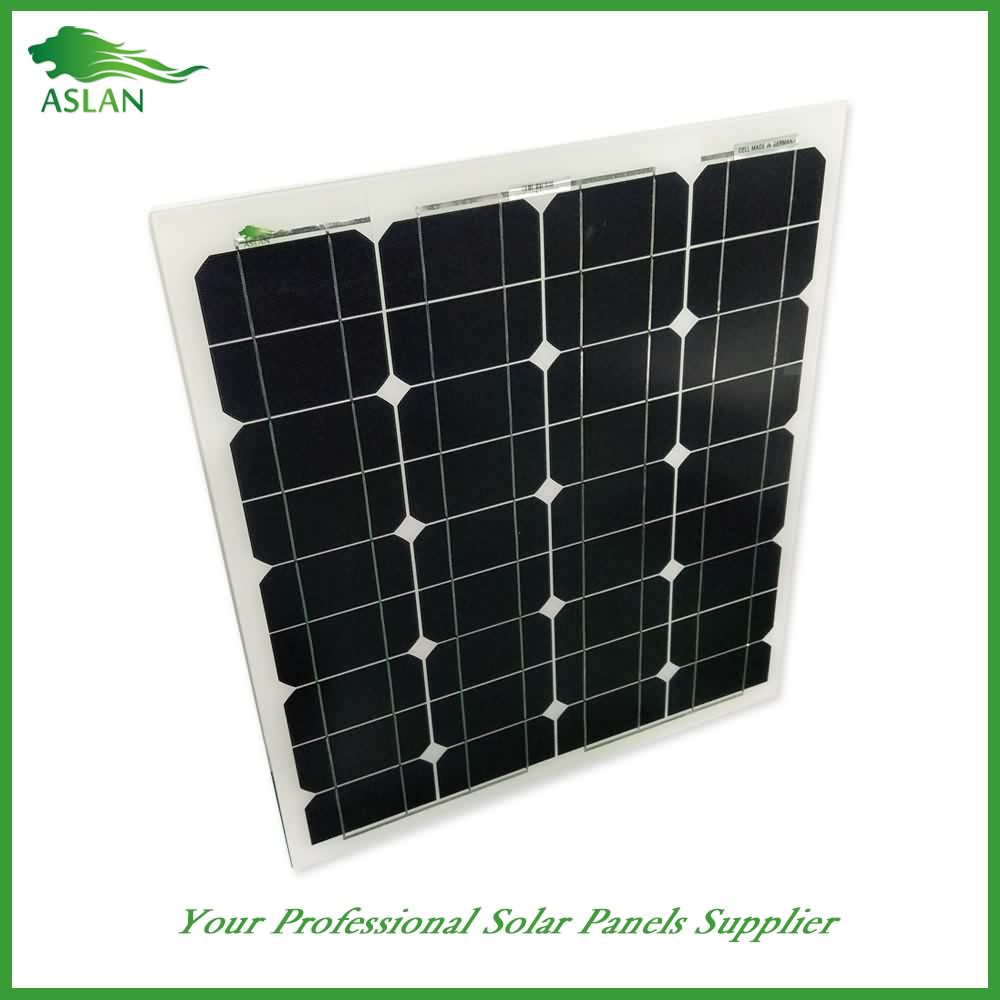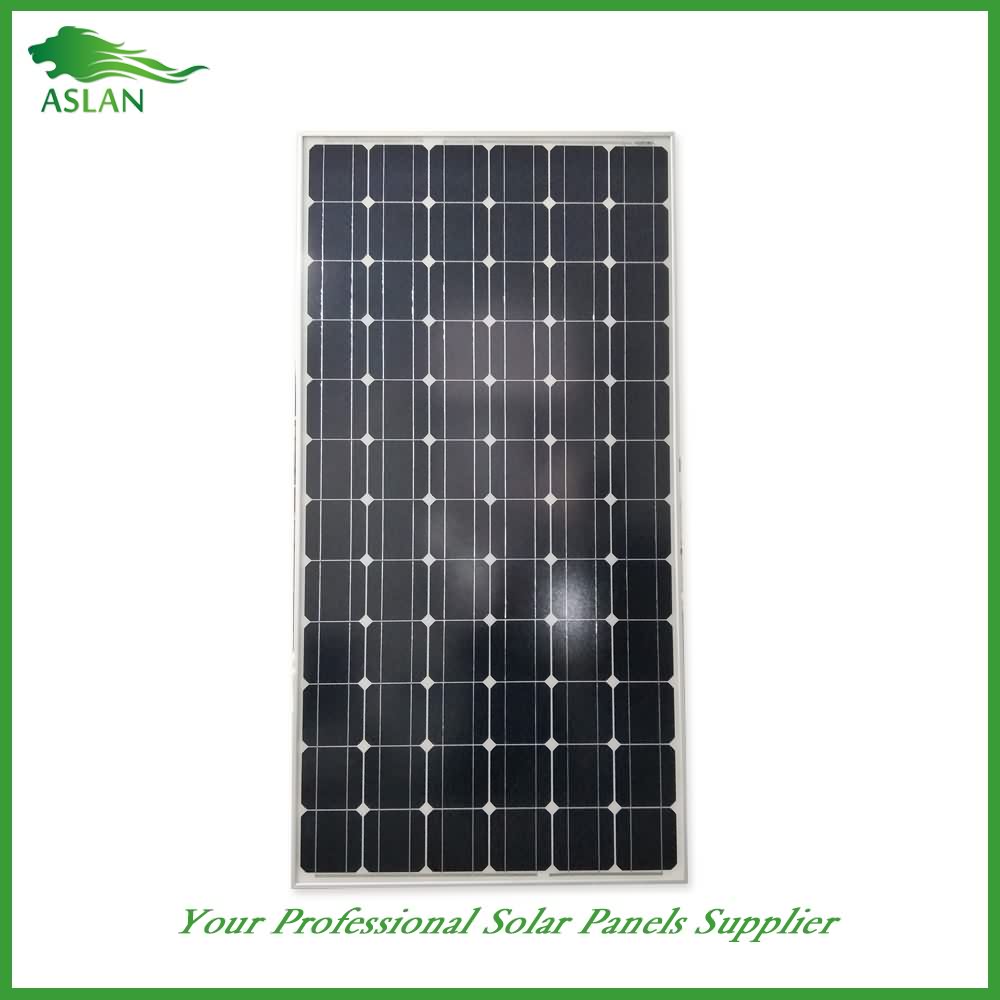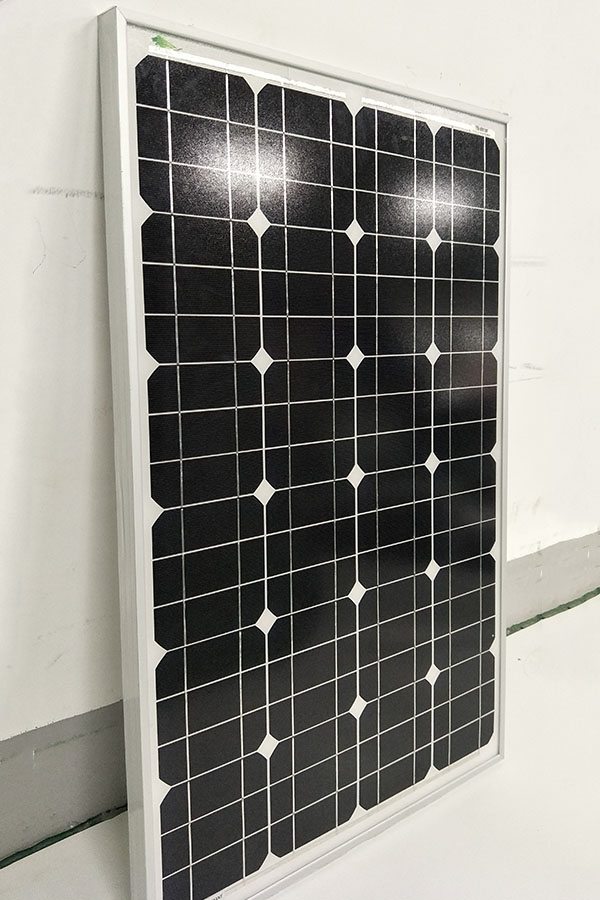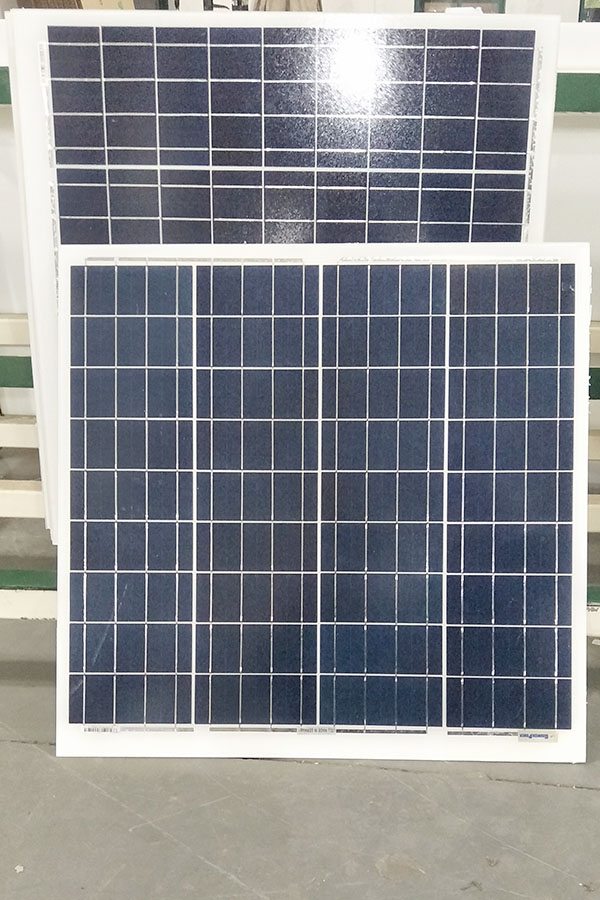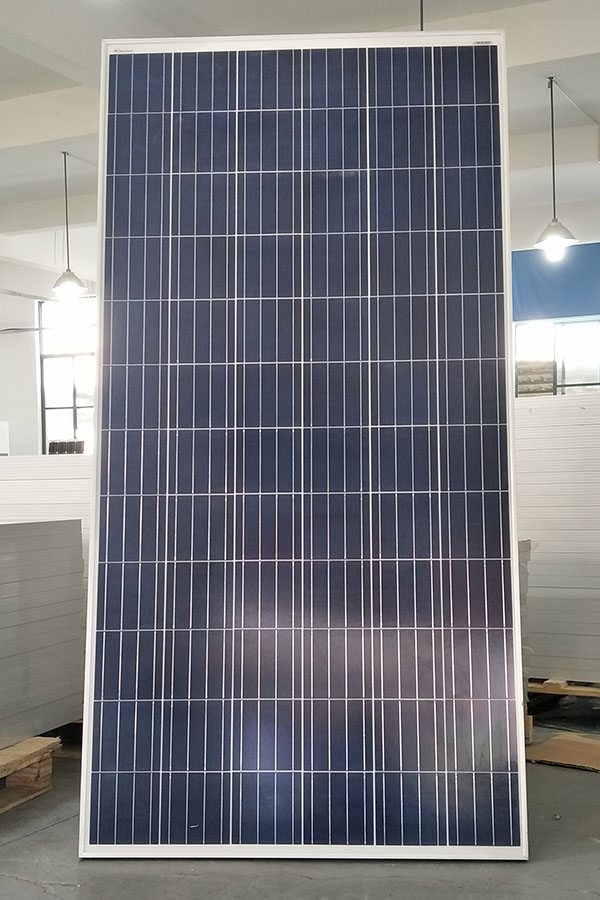Manufacturer of Mono-Crystalline 250W Solar Panel to French Manufacturer
Short Description:
Our personnel are always in the spirit of "continuous improvement and excellence", and with the superior quality products, favorable price and good after-sales services, we try to win every customer's trust for Manufacturer of Mono-Crystalline 250W Solar Panel to French Manufacturer, We, with open arms, invite all interested buyers to visit our website or contact us directly for further information.
Mono-Crystalline 250W Solar Panel
Technical parameter
Maximum Power(W) 250W
Optimum Power Voltage(Vmp) 30.3V
Optimum Operating Current(Imp) 8.29A
Open Circuit Voltage(Voc) 36.76V
Short Circuit Current(Isc) 8.91A
Mechanical Characteristics
Cell Type Monocrystalline 156x156mm (6 inch)
No of Cell 60 (6x10pcs)
Dimensions 1640x990x40mm
Weight 18.0KGS
Front Glass 3.2mm,High Transmission, Low Iron,Tempered Glass
Junction box IP65 Rated
Output Cable TUV 1×4.0mm2/UL12AWG,Length:900mm
Temperature and Coefficients
Operating Temperature(°C): -40°C ~ + 85°C
Maximum System Voltage: 600V(UL)/1000V(IEC) DC
Maximum Rated Current Series: 15A
Temperature Coefficients of Pmax: -0.47%
Temperature Coefficients of Voc: -0.389%
Temperature Coefficients of Isc: 0.057%
Nominal Operationg Cell Temperature (NOCT): 47+/-2°C
Materials of solar panel
1).Solar Cell——Mono-crystalline solar cell 156*156mm
2).Front Glass——-3.2mm, high transmission, low iron, tempered glass
3).EVA——-excellent anti-aging EVA
4).TPT——-TPT hot seal made of flame resistance
5).Frame——anodized aluminum profile
6).Junction Box——-IP65 rated, high quality, with diode protection
Superiority: high quality anodized aluminum frame, high efficiency long life, easy installation, strong wind resistance, strong hail resistance.
Features
1. High cell efficiency with quality silicon materials for long term output stability
2. Strictly quality control ensure the stability and reliability, totally 23 QC procedures
3. High transmittance low iron tempered glass with enhanced stiffness and impact resistance
4. Both Polycrystalline and Mono-crystalline
5. Excellent performance in harsh weather
6. Outstanding electrical performance under high temperature and low irradiance
Quality assurance testing
Thermal cycling test
Thermal shock test
Thermal/Freezing and high humidity cycling test
Electrical isolation test
Hail impact test
Mechanical, wind and twist loading test
Salt mist test
Light and water-exposure test
Moist carbon dioxide/sulphur dioxide
Today, I built a solar generator using both new and used parts that are ISO 9001 and/or CE certified. Everyone knows having an emergency generator is a must, but which one should you go for? A gas generator, or solar generator?
Since I already have a 3,500 Watt gas generator, and I believe in having both, I’ve been collecting the parts I need to assemble a solar generator my family will rely on if we lose power, and for some reason, gasoline is not available.
More importantly, I use this solar generator daily to power my home office which in turn, save me money on my electric bill.
Here is the list of parts I used to build this portable solar generator:
+ Solar Panel (New $123.99 – No Need for Charge Controller)
http://tiny.cc/Solar-Panel
+ Charge Controller (If Needed – New $11.69)
http://tiny.cc/Charge-Controller
+ 2,000 Watt (4,000 Peak) Power Inverter (New $126.99)
http://tiny.cc/2000-Watt-Inverter
+ (2) AGM Gel Batteries (New $208.60 each)
http://tiny.cc/75HR-AGM-Battery
+ 50 Gallon Battery Box (New $71.47 )
http://tiny.cc/Husky-Box
+ AC Parts, Wiring, Ring Connectors (New $35.00)
Lowes, Home Depot, Ace Hardware
Total approximate cost $800.00 (shipping NOT included)
WARNING! PROCEED WITH EXTREME CAUTION!
If you plan on building this solar generator yourself, you should know solar generators, solar panels, batteries and power inverters pose a risk of electric shock. Do not connect or disconnect wires, terminals or plugs while the unit is under load current.
The plan is to connect the solar panel to the charge controller (if needed, if not then connect solar panel directly to battery), and in turn the charge controller to the battery onto which is connected the power inverter which powers your devices.
Should you decide to order the solar panel I linked to above, you won’t need a charge controller as the panel is a 12 Volt panel, unlike mine that’s a 20 Volt panel which forces me to use a charge controller that brings down the voltage to 12 Volts, the typical charge for car, solar and deep cycle batteries.
Thanks for watching, to God the glory!
DIY parabolic mirror from a satellite dish to parabolic to a solar cookers using reflective film.
http://greenpowerscience.com/SHOPREFLECTIVEBUY.html
This method is much easier than pie shapes and produces 2X the power of DISCO BALL type glue mirrors.
